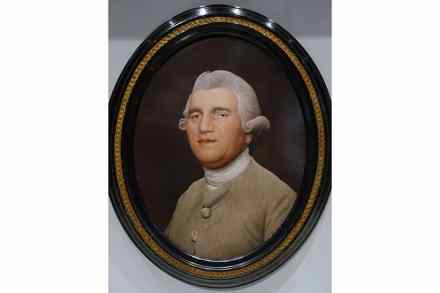The elusive adventures of Catherine Dior
More from BooksWhen Catherine Dior, one of the heroic French Resistance workers captured by the Nazis, came face to face with her torturer at his trial in 1952, to receive the suggestion from his lawyer that it was a case of mistaken identity, she burst out furiously to the judge: ‘I know what I’m saying. This affair































